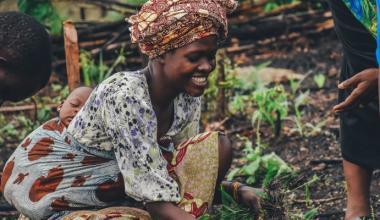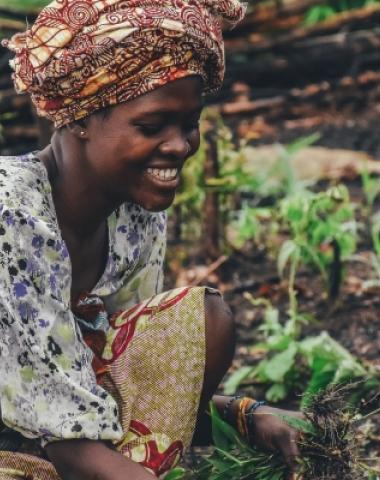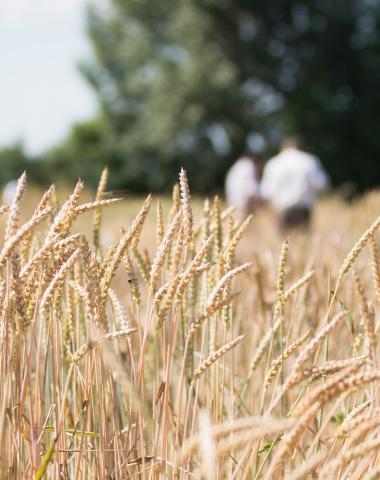Overview
West Africa is home to a wide variety of ecosystems and an equally high number of food production systems. Agriculture is the basic driver of West Africa’s economy, on which the majority of people depend for their livelihoods.
Despite an abundance of natural and human resources, it still remains one of the poorest regions in the world. Unlike East Africa, there has not been any external support to promote organic agriculture in a systematic way. OM4D is a part of the Ecological Organic Agriculture Initiative (EOAI) that was launched by the African Union in 2014 and complements interventions under this initiative. The four selected countries Ghana, Togo, Burkina Faso form a homogeneous geographical area with high potential to develop organic agriculture. Rich in biodiversity, Sao Tome & Principe have a very high organic share of total agricultural land and play an important role in the organic sector.
OM4D contributes to sustainable development in West Africa and the achievements of the Sustainable Development Goals(SDGs), mainly SDG 1 (No Poverty) and SDG 2 (Zero Hunger). It strengthens the resilience of people and their ability to protect themselves from the negative impacts of worsening external conditions and shocks.
Project Achievements
The project achieved the following:
- PGS brochures
- Policy brief on how governments can support PGS
- National Action Plans (NAP) for Ghana
- Overview of the legislative framework for organic farming in Togo
- Support for new EU regulations concerning organics
- Value Chain plans were developed focusing on commodities
- Supported the formation of PGS Ghana (Paticipatroy Gaurantee System)
The project hosted four Organic Leadership Courses (OLCs):
- Ghana
- Burkina Faso
- São Tomé and Príncipe
- Togo
Organic farming and related market systems should
enable smallholder farmers to improve their living conditions.
Concrete Objectives
- Establish and strengthen four organic national umbrella organisations to bring together a wide range of stakeholders for dialogue, coordination, and sector support.
- Link producers directly to local customers by setting up and promoting Participatory Guarantee Systems (PGS), an affordable alternative to third party certification for domestic markets.
- Develop high impact value chains for international markets by enhancing farmer knowledge and farming practices resulting in increased income for smallholder farmers.
- Promote policies fostering organic market development with the inclusion of the poor at national and international levels.
Stories & Videos From The Field
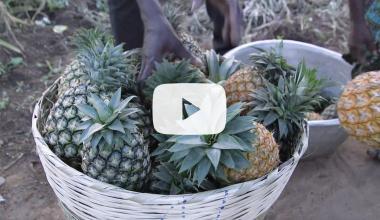
Organic Pineapple Production in Togo
Read more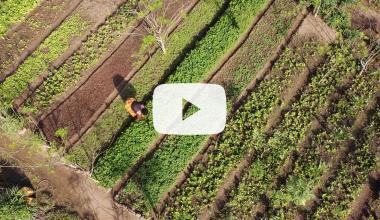
PGS Development in Burkina Faso
Read more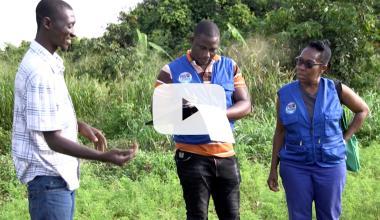
Improving Local Organic Vegetable Markets in Ghana with PGS
Read more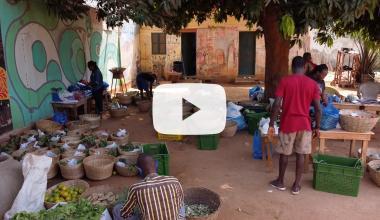
Supporting PGS Organic Markets in Togo
Read more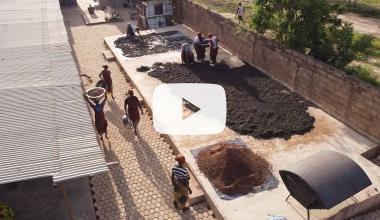
Organic Shea Collection and Processing in Burkina Faso
Read more
Organic Cassava in Ghana: Creating Alternative Livelihoods and Biodiversity Conservation
Read more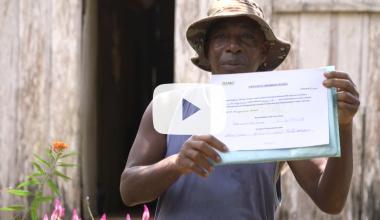
Supporting Local Organic Production in São Tomé e Principe
Read more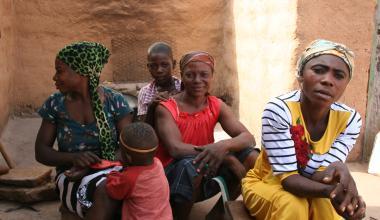
Organic Cassava, the Bread of the Tropics
Read more